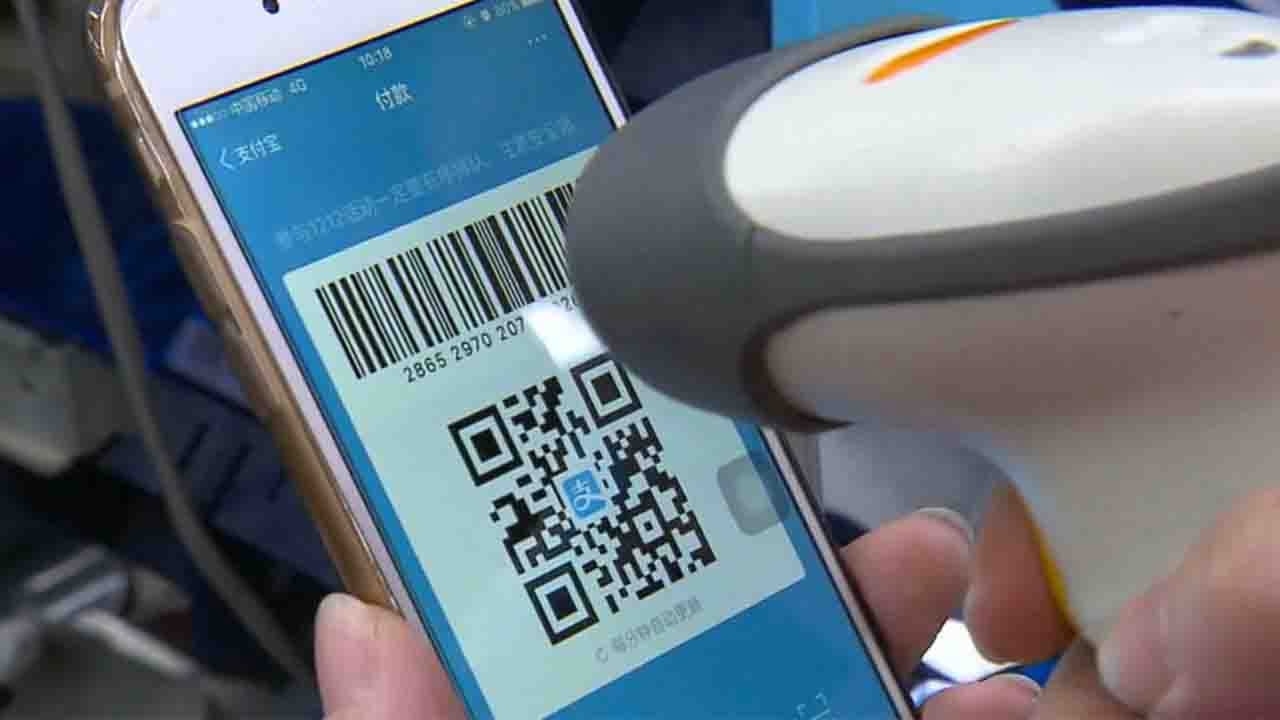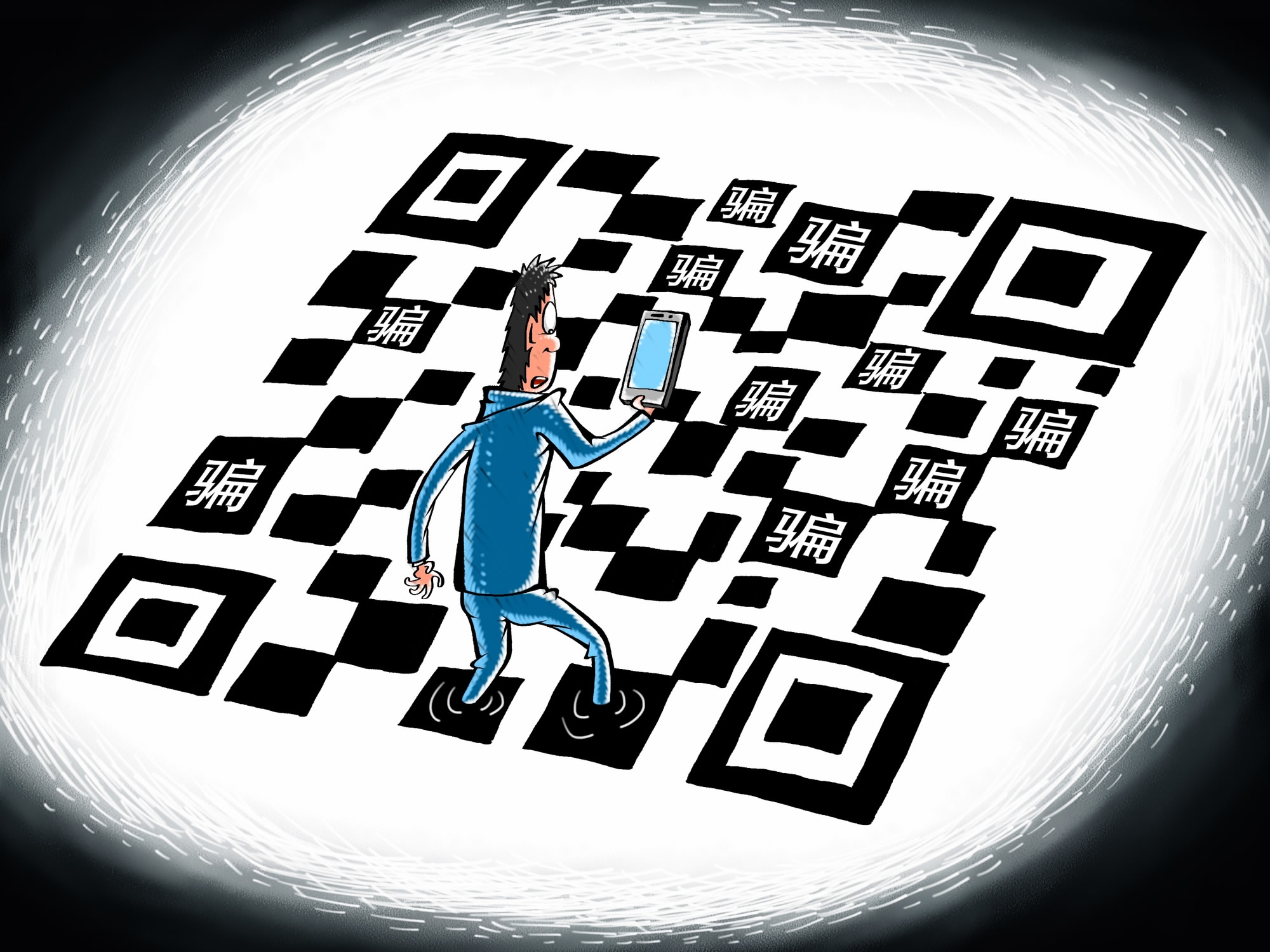Scan or scam? Criminals increasingly using QR codes to trick users
2017-03-31 08:01 GMT+8

Editor
Meng Yaping
By CGTN’s Frances Kuo
QR codes, or Quick Response codes, are designed to make modern lives a little easier. They’re especially popular in China and elsewhere in Asia.
But like other forms of technology — they’re becoming vulnerable to scammers.
A QR code is a 2-D barcode, made up of black and white squares, which stores encoded information. When the code is scanned, the user is taken to a website.
They are used for everything, from grocery shopping to renting bikes in China. The latter is one of the ways criminals have been operating, by covering QR codes with stickers bearing fake codes.

CFP Photo
“There are actually tools you can download right on the Internet or even off the Internet without downloading anything that will let you make a QR code of your own,” Matthew Green, Assistant Professor of Computer Science at Johns Hopkins University in Baltimore, Maryland said.
“When you scan a QR code, you have no idea where it’s going to take you. It could take you to a malicious website that might try to install a virus on your phone,” added Green.
Scammers can then steal private information – and money – from a user’s phone or account. Recently, in the southern city of China’s Guangzhou, more than 14 million US dollars were stolen from people via fake QR codes, according to reports.
“Unfortunately, the problem with all computer security, is that criminals evolve too,” said Green. “And so whatever technologies we’ve come up with to stop them, the criminal will find a way to get past them with new QR codes they can use against us.”

Matthew Green, Assistant Professor of Computer Science at Johns Hopkins University. /CGTN Photo
The problem with a QR code is that you can’t tell by looking at it whether it’s legit. But there are steps you can take to protect yourself.
“When you scan a QR code and takes you to a website, look at what that website is,” advises Green. “If you’re scanning an Amazon package and it says amazon.com, that’s a good sign. If it says evilcompany.com or any other URL that’s not the URL you intended to go to, treat it the same way you would treat a random e-mail.”
Some social media sites like WeChat have a security feature that help weed out the good and bad QR codes.
Despite the risks, QR codes remain popular in China.
According to the China Internet Network Information Center, nearly half of respondents in one survey who use the messaging service WeChat said they use QR codes. They’re the sixth most popular activity after social chatting and subscribing to product or service channels.
In the United States, use of QR codes is growing. Statistics from research company Nielsen Scarborough show the number of internet users who scanned a QR code within the last month jumped 56 percent – from more than 16 million in 2013 to more than 25 million in 2016.
Copyright © 2017
